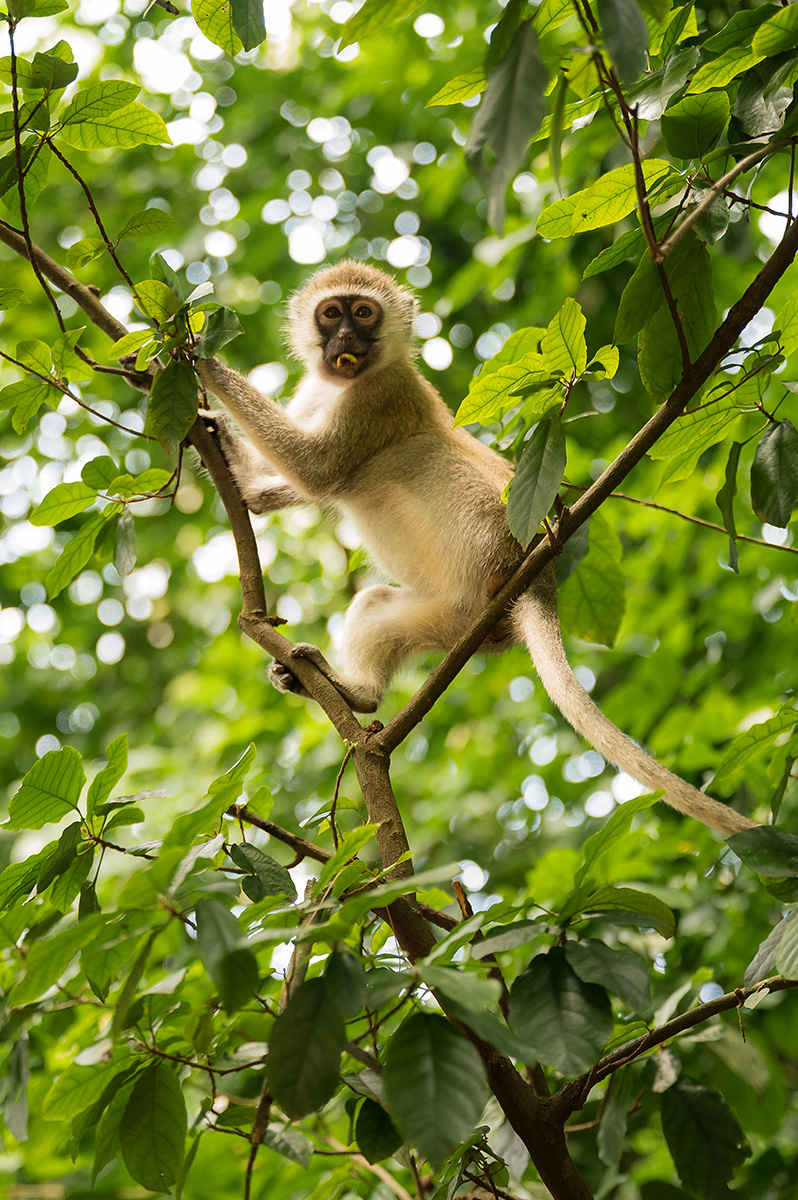Wildlife Reintroduction at Haller Park – Bringing Animals Back to Mombasa
- Conservation
- Wildlife Reintroduction at Haller Park – Bringing Animals Back to Mombasa
Wildlife Reintroduction at Haller Park
Once a barren limestone quarry, Haller Park in Mombasa is now home to a thriving community of wildlife. Thanks to decades of restoration, animals that had disappeared from the area have been successfully reintroduced.
This initiative not only restored ecological balance but also turned Haller Park into a celebrated wildlife sanctuary where visitors can see giraffes, hippos, crocodiles, antelope, and more.
The Importance of Wildlife Reintroduction
When ecosystems lose animals, they lose balance. Reintroducing wildlife helps to:
- Restore natural food chains
- Increase biodiversity
- Support pollination and seed dispersal
- Improve ecosystem resilience to climate change
At Haller Park, reintroduction wasn’t about creating a zoo — it was about rebuilding natural interactions between species.
The Owen & Mzee Story – A Global Symbol of Friendship
One of the most famous wildlife stories at Haller Park came from its reintroduction efforts: the unlikely friendship between Owen the orphaned hippo and Mzee the Aldabra tortoise.
Their bond captured international media attention, showing the emotional depth of animals and the unique outcomes of conservation work. (Read our Owen & Mzee Story).
Key Species Reintroduced at Haller Park
Rothschild Giraffes
One of the most endangered giraffe subspecies, the Rothschild giraffes were introduced to Haller Park in the 1970s. Today, they are a major attraction for visitors during giraffe feeding sessions, while also helping regenerate vegetation through browsing.
Hippos – Sally & Potty
Introduced to the wetlands, hippos play a role in nutrient cycling. Their waste fertilizes algae that support aquaculture fish species, linking large mammals directly to food systems.
Nile Crocodiles
Reintroduced to the Reptile Enclosure and wetland areas, Nile crocodiles demonstrate the return of apex predators, keeping fish populations balanced.
Antelope Species
Species such as eland, waterbuck, and oryx were introduced to graze and browse the forest floor, contributing to vegetation management and predator-prey dynamics.
Aldabra Tortoises
These giant tortoises, including the famous Mzee, enrich the ecosystem by grazing, dispersing seeds, and attracting conservation interest worldwide.
Challenges in Reintroducing Wildlife
Wildlife reintroduction at Haller Park wasn’t without obstacles:
- Ensuring the ecosystem could sustain large animals before release
- Preventing overgrazing by herbivores in early years
- Balancing predator-prey dynamics in a closed ecosystem
- Educating visitors on respecting and protecting wildlife
Through careful planning and adaptive management, these challenges were overcome.
Education & Research Opportunities
Haller Park is now a living laboratory for students, researchers, and conservationists studying:
- Species adaptation in restored ecosystems
- The role of large mammals in ecological succession
- Wildlife-human coexistence in semi-urban areas
Guided tours and educational programs make these lessons accessible to the public.
Plan Your Visit
Opening Hours: 8:00am – 5:00pm daily
Location: Bamburi, Mombasa
Entry Info: View tickets and packages
Map & Directions: Bamburi, Off Mombasa-Malindi Road
FAQs – Wildlife Reintroduction at Haller Park
To restore ecological balance and demonstrate that degraded land can once again support biodiversity.
Some Attractions

Aquaculture & Wetlands
See how our sustainable fish ponds work hand-in-hand with nature to support biodiversity and local communities.

Forest Trails & Birdwatching
Enjoy peaceful walks through restored forest habitats. Look out for monkeys, antelopes, and over 160 bird species.

Butterfly Pavilion
Step inside Kenya’s first butterfly house and be surrounded by color, movement, and the magic of metamorphosis.
